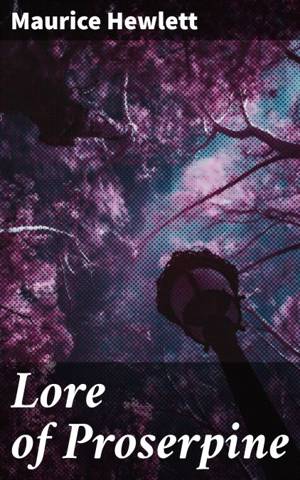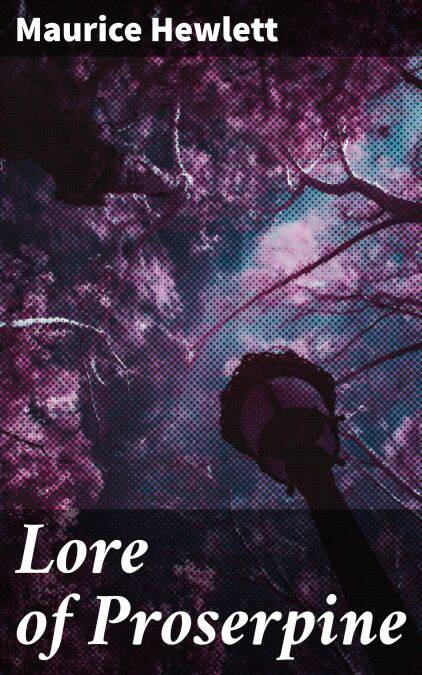
- Afhalen na 1 uur in een winkel met voorraad
- Gratis thuislevering in België vanaf € 30
- Ruim aanbod met 7 miljoen producten
- Afhalen na 1 uur in een winkel met voorraad
- Gratis thuislevering in België vanaf € 30
- Ruim aanbod met 7 miljoen producten
Zoeken
Lore of Proserpine E-BOOK
Journey through the Underworld: Love, Loss, and Transformation in Ancient Roman Myth
Maurice Hewlett
E-book | Engels
€ 0,49
Uitvoering
Omschrijving
In "Lore of Proserpine," Maurice Hewlett crafts a rich tapestry of prose infused with vivid imagery and lyrical resonance, exploring the themes of love, loss, and the eternal cycle of nature and human experience. Set against the backdrop of classical mythology, particularly the Roman goddess Proserpine, the narrative weaves together elements of romance and existential contemplation, encapsulating the human quest for meaning amid a world both beautiful and treacherous. Utilising a style reminiscent of the Romantics, Hewlett invites readers into a lush, evocative landscape that captivates the senses while prompting deeper philosophical inquiries into mortality and rebirth. Maurice Hewlett (1861-1923) was not only a novelist but also a poet and essayist deeply engaged with the intellectual currents of his time, including medieval history and aesthetics. His extensive travels across Europe and thorough studies of classical literature undoubtedly influenced his portrayal of mythological figures and themes of transformation. Hewlett'Äôs desire to bridge the past and present through his narratives reflects a broader cultural fascination with myth during the late 19th and early 20th centuries, making his work resonate with contemporaneous literary movements. "Lore of Proserpine" is a compelling read for anyone intrigued by the interplay between myth and reality. Hewlett's ability to blend poetic elegance with philosophical depth makes this book an essential exploration for lovers of literature who appreciate the nuanced relationships between human emotion and mythological narratives. This captivating work invites readers to reflect on their own existential journeys while reveling in the beauty of language.
Specificaties
Betrokkenen
- Auteur(s):
- Uitgeverij:
Inhoud
- Aantal bladzijden:
- 221
- Taal:
- Engels
Eigenschappen
- Productcode (EAN):
- 4057664613974
- Verschijningsdatum:
- 26/11/2019
- Uitvoering:
- E-book
- Beveiligd met:
- Digital watermarking
- Formaat:
- ePub

Alleen bij Standaard Boekhandel
Beoordelingen
We publiceren alleen reviews die voldoen aan de voorwaarden voor reviews. Bekijk onze voorwaarden voor reviews.








